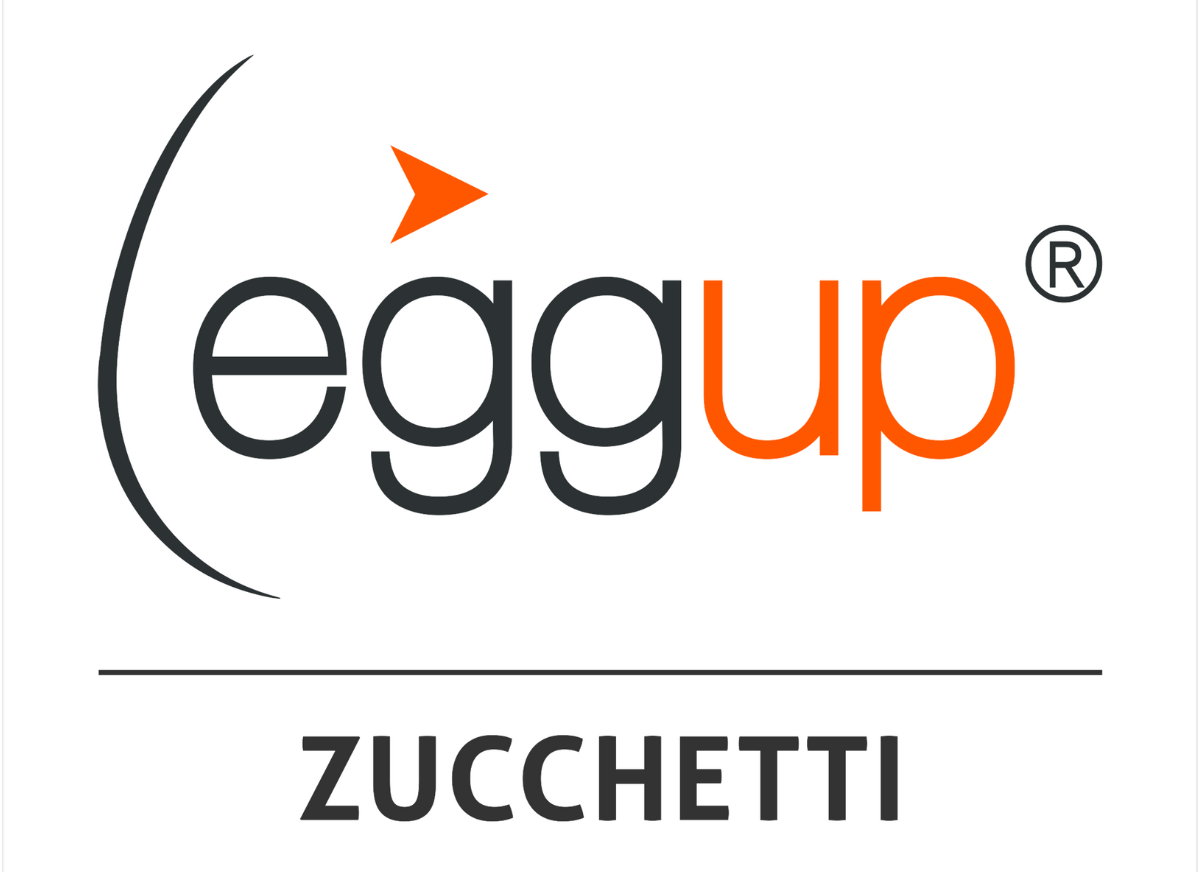 Anna Boffetta VC at Balderton Capital: “HR-Tech startups should look to the European market. Who focuses on Italy risks being cut off“.
Anna Boffetta VC at Balderton Capital: “HR-Tech startups should look to the European market. Who focuses on Italy risks being cut off“.
The end of the era of (only) job posting, ever increasing verticalization of the platforms and the override of each single national market in a European perspective. Anna Boffetta closely follows the world of HR Tech from the privileged observation point of Balderton Capital, a British venture capital fund for which she works as associate and of which she invests in this sector for some time now. In taking stock of the situation at the beginning of 2017 with her, a very clear picture of the direction in which the HR Tech is moving emerges.
What should we expect in these 12 months?
I think the trend tied to content production aimed at enriching the job search platform will further enhance. Pure and simple job posting is destined to disappear. Furthermore, we will continue to observe a growing specialization of the platforms. Personally I do not believe that HR Tech should be understood as a single industry but, rather, as a sum of numerous highly specialized and vertical sub-sectors: for example, recruiting of doctors, recruiting of designers for short-term assignments, services to support universities.
Will resources, investments and attention to support this growth come from big corporations?
The big multinational groups have developed an awareness towards innovation, in particular with regards to the management of human resources and recruiting. But this awareness does not always go hand in hand with the ability to create effective and efficient innovative projects.
And what about in Italy? How are things going?
In Italy we’re seeing great things. Although often the ambition of individual startups is too focused on the domestic market, when we should immediately think of business models applicable throughout Europe instead. Unfortunately the Italian market is too small. And often times, we only focus on a single market. We lose the momentum to develop a scalable business project at an international level. It is no coincidence, for example, that one of the most interesting Italian scenarios in the HR Tech, Meritocracy, opened an office in London last year.
At the end of 2016 Balderton Capital produced a detailed report on the mobility of technological talents in Europe. For Italy the figures speak of low wages (especially for developers) and a critical mass of the community that is still underdeveloped.
That’s how it is. In Europe we are witnessing a very clear concentration phenomena. About two-thirds of developers are based in Berlin, London and Paris. And their total, in these three cities, is almost close to the number of those present in Silicon Valley (515 thousand against 564 thousand). One more reason for Italian startups to think “European” right away.
Eggup is active in the advanced tools sector for the Human Resources scenario. The business potential of these kinds of tools, in particular analysis and predictive ones, is being discussed at length now. What do you think?
There is a growing need for companies to create data sets to facilitate the identification of trends, on which to direct their strategies and, as a consequence, make their choices. The underlying objective is to answer the question of who, for this specific scenario, is the ideal employee. The interests of businesses and relevant investments will revolve around the need of making this answer easier and more precise.
 Anna Boffetta VC at Balderton Capital: “Le startup dell’HR Tech devono guardare al mercato europeo. Chi si concentra sull’Italia rischia di restare tagliato fuori”.
Anna Boffetta VC at Balderton Capital: “Le startup dell’HR Tech devono guardare al mercato europeo. Chi si concentra sull’Italia rischia di restare tagliato fuori”.
Fine dell’era del (solo) job posting, verticalizzazione sempre più spiccata delle piattaforme e superamento dei singoli mercati nazionali in una prospettiva europea. Anna Boffetta segue con grande attenzione il mondo dell’HR Tech dall’osservatorio privilegiato di Balderton Capital, fondo di Venture Capital britannico per il quale lavora come associate e che investe da tempo in questo settore. Nel fare con lei un punto della situazione all’inizio di questo 2017, emerge un quadro molto preciso sulla direzione nella quale l’HR Tech si sta muovendo.
Cosa dobbiamo aspettarci in questi 12 mesi?
Penso che si rafforzerà ulteriormente il trend legato alla produzione di contenuti finalizzati ad arricchire le piattaforme per la ricerca di lavoro. Il job posting puro e semplice è destinato a scomparire. E poi, continueremo ad osservare una crescente specializzazione delle piattaforme. Personalmente non credo che l’HR Tech debba essere inteso con una industry unitaria ma, piuttosto, come una somma di numerosi sotto-settori altamente specialistici e verticali: ad esempio, recruiting di medici, recruiting di designer per incarichi short-term, servizi a supporto del mondo universitario.
Dalle grandi corporation arriveranno risorse, investimenti e attenzioni a supporto di questa crescita?
I grandi gruppi multinazionali hanno sviluppato una sensibilità verso l’innovazione, in particolare per quel che riguarda la gestione del capitale umano e il recruiting. Ma non sempre questa sensibilità va di pari passo con la capacità di concretizzare progetti di innovazione efficaci ed efficienti.
E in Italia? Come vanno le cose?
In Italia si vedono gran belle cose. Anche se spesso l’ambizione delle singole startup è troppo concentrata sul mercato domestico, quando invece bisognerebbe subito pensare a modelli di business validi a livello europeo. Il mercato italiano purtroppo è troppo piccolo. E spesso, se ci si concentra unicamente su un singolo mercato, lo slancio per sviluppare un progetto imprenditoriale scalabile a livello internazionale si perde. Non è un caso, ad esempio, se una delle realtà italiane più interessanti nell’ambito dell’HR Tech, Meritocracy, ha aperto una sede a Londra lo scorso anno.
Balderton Capital a fine 2016 ha realizzato un dettagliato report sulla mobilità dei talenti tecnologici in Europa. Sull’Italia i dati parlano di stipendi bassi (specie per gli sviluppatori) e una massa critica della community ancora poco sviluppata.
Proprio così. In Europa assistiamo a dei fenomeni di concentrazione molto netti. Circa due terzi degli sviluppatori sono basati a Berlino, Londra e Parigi. E la loro somma, in queste tre città, sfiora il numero di quelli presenti nella Silicon Valley (515mila contro 564mila). Una ragione in più, per le startup italiane, per pensare “europeo” fin da subito.
Eggup è attiva nel settore degli strumenti avanzati per il mondo delle Risorse Umane. Si ragiona molto, in questo momento, sulle potenzialità del business di questo genere di strumenti, in particolare quelli di analisi e predittivi. Cosa ne pensi?
C’è un bisogno crescente per le aziende di creare set di dati che facilitino l’individuazione di trend, sui quali poi orientare le proprie strategie e, di conseguenze, fare le proprie scelte. L’obiettivo di fondo è rispondere alla domanda su chi sia, per quella specifica realtà, il dipendente ideale. Rendere più semplice e più precisa la risposta è l’esigenza attorno alla quale si concentreranno gli interessi delle imprese e i relativi investimenti.

